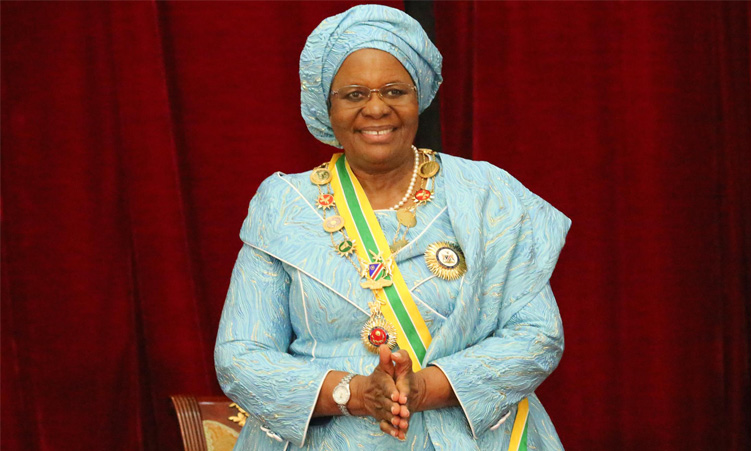Namibia has entered a significant chapter in its democratic history with the inauguration of Netumbo Nandi-Ndaitwah as the country’s fifth president.
It places Namibia at the forefront of progressive leadership on the African continent.
From the perspective of rhetorical presidency, her inaugural address offers a critical lens through which to examine evolving narratives of leadership and power in post-independence Namibia.
Traditionally, presidential rhetoric in Africa has been shaped by masculinist paradigms, often portraying the president as the ‘father of the nation’.
Nandi-Ndaitwah’s speech departs from this trope. Rather than framing her role in maternalistic terms, she foregrounded principles of national service, inclusive governance, and collective accountability. Her rhetoric did not rely on gendered symbolism, but instead projected an image of leadership rooted in competence, experience, and moral authority.
Throughout her address, Nandi-Ndaitwah establishes her ethos by grounding herself in Namibia’s liberation history and her personal political journey. She frequently references Swapo’s legacy and her long service to the nation, reinforcing her credibility as a leader who has earned the trust of the people.
Her tone is dignified and respectful, particularly in paying tribute to her predecessors.
Nandi-Ndaitwah’s rhetoric emphasised unity, appealing to Namibians across gender, age, and ethnic lines to participate actively in nation-building. This inclusive discourse moves away from exclusionary narratives toward a more participatory democratic ethos.
Moreover, Nandi-Ndaitwah’s inauguration symbolises more than a mere change in leadership; it represents a broader cultural and political shift in perceptions of gender and authority. Her presidency challenges entrenched patriarchal norms and reinforces the legitimacy of women in positions of executive power.
Furthermore, her long-standing service in both the liberation movement and government institutions underscores the meritocratic foundation of her leadership.
The peaceful transfer of power affirms Namibia’s status as a stable democracy in a region where such transitions are not always guaranteed. The rhetoric of continuity and unity embedded in Nandi-Ndaitwah’s address reinforces the institutional maturity of Namibia’s democratic processes.
The speech employs inclusive language and promote a collective national identity. Her diction is formal yet accessible, fitting for a ceremonial occasion, and her cadence is steady and measured.
Nandi-Ndaitwah’s inaugural speech outlined key policy priorities: economic recovery, job creation, social justice, and regional integration.
In conclusion, the inauguration of president Nandi-Ndaitwah marks a pivotal moment in Namibia’s political history.
Her leadership offers an opportunity to reimagine presidential rhetoric in ways that reflect inclusivity, gender equity, and participatory governance.
Indeed, history has been made – and we are privileged to witness it.
Frieda Nanyeni-Kanyemba
Stay informed with The Namibian – your source for credible journalism. Get in-depth reporting and opinions for
only N$85 a month. Invest in journalism, invest in democracy –
Subscribe Now!










